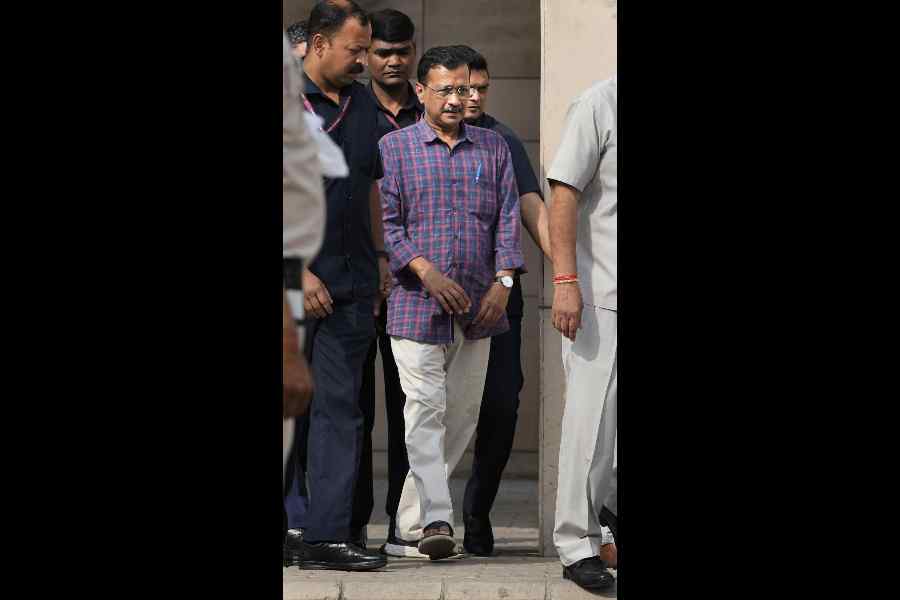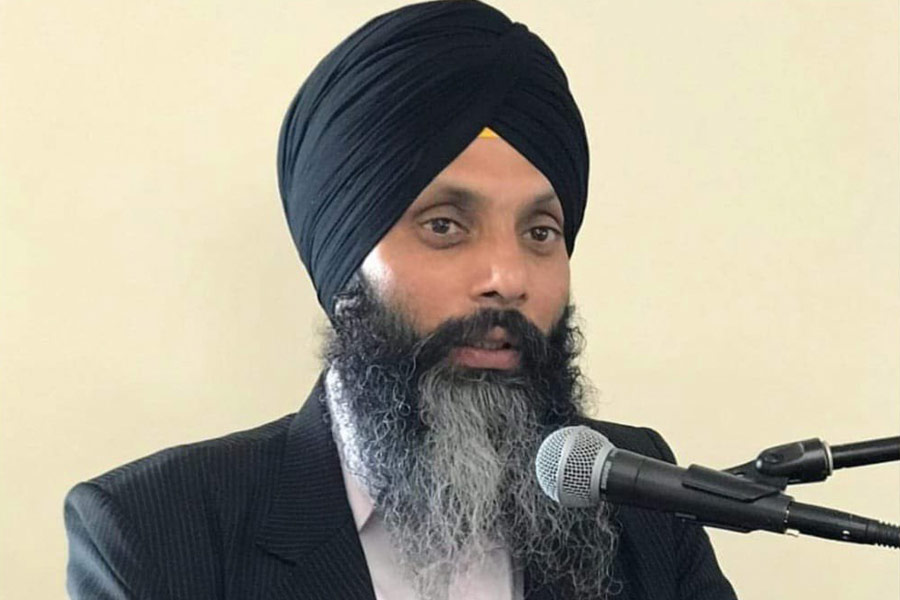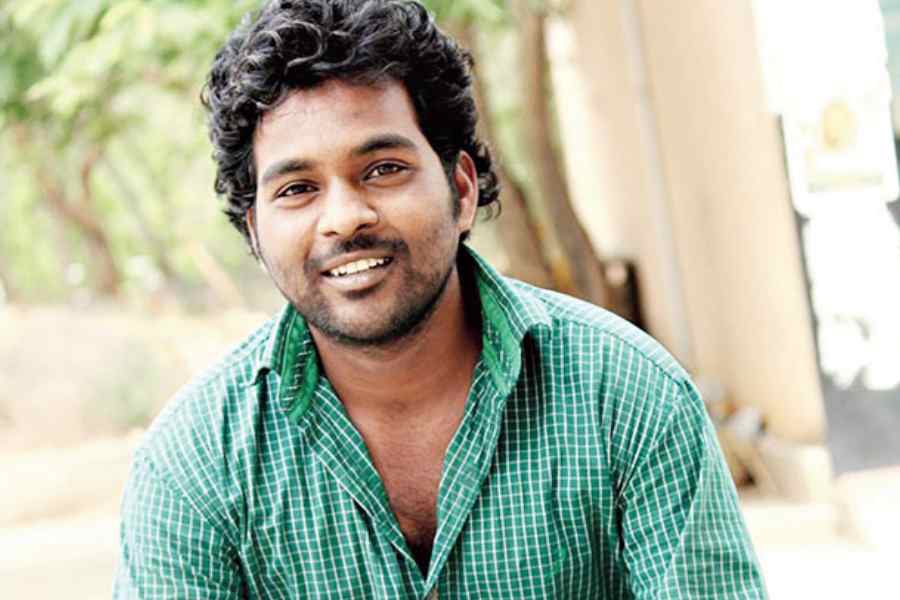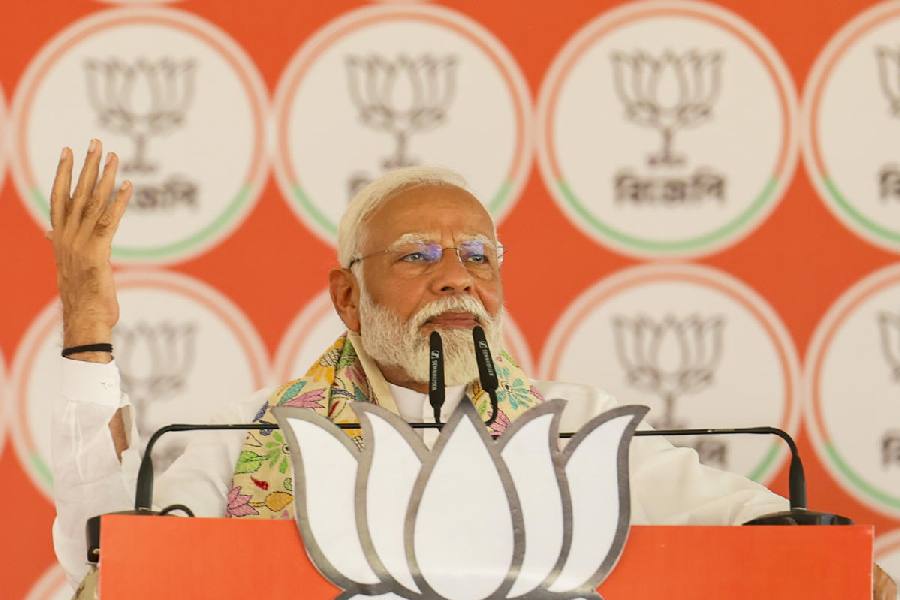About one in 100 otherwise healthy Indians carries genetic variations linked to electrical disorders in the heart that can lead to sudden cardiac death, a study of 1,029 genomes has indicated.
The study, the first in India to estimate through genomes the population prevalence of disorders called cardiac ion channelopathies, underscores the importance of genetic tests to identify high-risk individuals who have no apparent health problems.
A team of genomics researchers and doctors found genetic variations linked to the channelopathies in 19 (1.8 per cent) of the 1,029 whole genomes obtained from the healthy volunteers. Of these 19, ten — 0.97 per cent of the total 1,029 volunteers — had genetic variations definitely known to cause these disorders.
People who have these disorders may otherwise appear healthy but are susceptible to dangerous patterns of cardiac electrical activity that could cause palpitations, blackouts or even sudden death, typically triggered by physical exertion or emotional stress.
“It’s a bit like the sword of Damocles,” said Sridhar Sivasubbu, a scientist at the Institute of Genomics and Integrative Biology, New Delhi, who led the study.
“But in the majority of cases, the risk of such consequences may be minimised by medicines or devices such as cardiac pacemakers.”Given India’s large population, even a conservative 1 per cent prevalence of these variations would pose a large health burden for the country, Sivasubbu and his collaborators at the IGIB and the All India Institute of Medical Sciences, New Delhi, said.
The researchers have published their findings in the peer-reviewed journal Human Genomics.
“People who have a family history of sudden cardiac death, or who have experienced blackouts or palpitations without apparent cause could be possible candidates for (genetic) screening,” said Anjali Bajaj, the first author of the study.
Scientists at the IGIB are currently trying to develop a diagnostic test for such screening. Several studies have tried to estimate the incidence of sudden cardiac death in India, but cardiologists say the proportion of deaths from channelopathies remains unknown because undiagnosed coronary artery disease may also cause sudden death.
A 2012 study in Andhra Pradesh had, extrapolating from a sample of 1,691 deaths, estimated 700,000 sudden cardiac deaths in India annually.
Over the past two decades, research groups across the world have identified 36 genes whose variants are implicated in the cardiac ion channelopathies.
The IGIB-AIIMS team analysed the whole genomes of 1,029 healthy individuals who had submitted blood or saliva samples for a dataset called IndiGenomes, intended to explore possible connections between genes and health.
Their dataset analysis revealed 470 genetic variants involving the 36 genes, among which 124 (26 per cent) variants were unique to the Indian population.
Thirteen variants were linked to channelopathies and were found in 19 of the 1,029 volunteers, and 10 variants known to definitely cause the disorders were found in 10 volunteers.Scientists say the presence of the unique variations is not surprising given that India’s population is made up of around 4,000 anthropological groups, the result of multiple inward migrations and admixtures over centuries.











